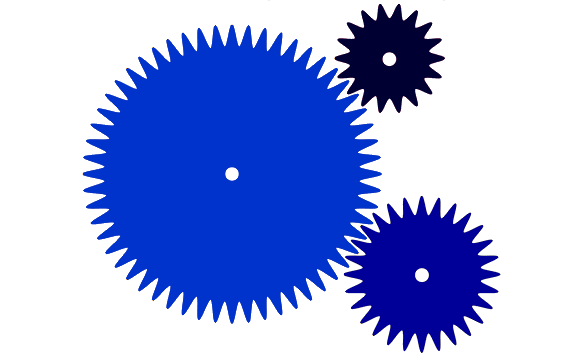Science and Technology

Science Vision: Lifelong Curiosity and Learning by Discovering
It is our aim to provide the children with an exciting and thought-provoking science curriculum. It is our belief that all lessons should be practical and investigative, allowing the children to explore the world around them through investigation, as well as using and applying process skills. We believe that a broad and balanced science education is the entitlement of all children, regardless of ethnic origin, gender, class, aptitude or disability. Children should, not only, be capable of planning and carrying out their own investigations by the time they leave Prescot, but be independent, curious and confident scientists with the knowledge to help them succeed in the years beyond primary school.
Intent
Our aims in teaching science:
Prepare our children for life in an increasingly scientific and technological world.
Foster concern about, and active care for, our environment.
Develop and extend our children’s scientific concept of their world.
Develop our children’s understanding of the international and collaborative nature of science.
Encourage the development of positive attitudes to science.
Build on our children’s natural curiosity and develop a scientific approach to problems.
Provide our children with an enjoyable experience of science (including wider opportunities) so that they will develop a deep and lasting interest and may be motivated to study science further.
Help our children to acquire practical scientific skills.
Develop the skills of investigation - including observing, measuring, predicting, hypothesising, experimenting, communicating, interpreting, explaining and evaluating.
Develop the use of scientific language, recording and techniques
Develop the use of ICT in investigating and recording.
Enable our children to become effective communicators of scientific ideas, facts and data.
Implementation
The Kent scheme of work provides regular opportunities for pupils to engage in hands-on, practical activity as well as think about or research scientific ideas and skills.
Throughout the curriculum, pupils are engaged in asking questions and using one of the five
science enquiry activities:
• observation over time
• fair or comparative tests
• identification and classification
• research
• pattern seeking.
Whenever possible, activities are hands-on ensuring that pupils engage in regular first-hand experience using a range of equipment, including ICT where suitable, to enhance and deepen learning.
Engaging pupils in a range of approaches to communicating science ensures that all pupils can share ideas and by listening to themselves articulate ideas, pupils engage in self-assessment, either reinforcing their learning or changing ideas and therefore moving learning on. By using different approaches to recording and communicating, all pupils can share their science, which means that teachers can access learning through assessment and use outcomes to plan next steps.
Key scientific vocabulary is shared with the expectation that these words should be learned by pupils. A pupil’s ability to use scientific words appropriately is one indicator of understanding of knowledge and skills. Teachers can use a pupil’s ability to use key-words as part of assessment for learning, listening for how the words are used and, if necessary, asking follow-up questions to check depth of understanding.
Impact
Pupils develop their knowledge and skills through a series of planned activities linked to the curriculum which build on previous and personal knowledge. To assess the impact, teachers evaluate the knowledge and skills that pupils have gained against the original expectations of activities (the intent). This is indicated by the outcomes assigned to each activity.
It is expected that teachers will use a range of evidence to assess pupils’ progress. This includes observing them working, listening to their discussions and using questions to probe understanding and reasoning, alongside their writing and other products such as end of unit tests or quizzes. Teacher assessment is recorded using Cornerstones at the end of every lesson and every unit.
The Kent Primary Scheme of Work for Science
The Kent Primary Scheme of Work for Science (2014) links very closely with the key objectives from the National Curriculum. Teachers use this scheme to help plan science lessons so that these objectives are covered. Click on the documents at the bottom for an overview of what is taught in each year group.
Our Twitter feed is full of different scientific activities and there are many more to come.

